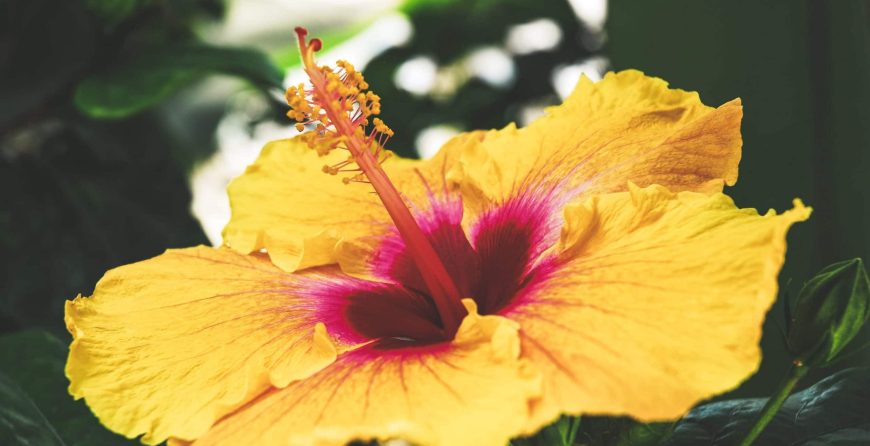The warmth of summer is gone and your garden blooms are starting to dwindle but your organic garden can be just as beautiful in the fall and winter. Fall isn’t the end of the growing season, but a switching of the gears. You may be putting your garden to bed but you’re also preparing for next year’s garden.
Fall is the perfect time to enjoy a collection of veggies including:
- Lettuce
- Cauliflower
- Beets
- Carrots
- Peas
- Leeks
- Squash
- Pumpkins
Along with cultivating your fall vegetables comes the need to check some things off your to-do list. As you clean up and clear out your garden before hard winter sets in, start to incorporate the following tasks to prepare for next year’s gardening season.
1.Tending to Perennials
Pests and diseases can hibernate in your garden soil during the winter if you leave plant debris lie there. Remove all spent annuals and vegetables from your garden to eliminate future problems with pests and diseases.
- Cut off dead/spent foliage a few inches above the ground
- Remove weeds and leaves
- Pull annuals and seasonal vegetables up
2.Compost Healthy Plant Material
Keep in mind that you don’t have to discard everything when cleaning out your organic garden. Add the pest-free and non-diseased plant matter to your compost pile. This will add to your compost quality and keep pests away from your garden.
If you find diseased or pest-ridden material while cleaning, be sure to destroy it.
3.Capture a Record of Your Garden
When winding down your garden for the season, take the time to document what you grew there. Take pictures of the perennials you’re cutting back for the season and write some notes down about how they performed.
Notes will help you:
- Remember what worked and what didn’t
- Keep track of the plants that flourished
- Avoid injuring dormant perennials
- Stay organized
4.Tend to Your Soil
Now is a good time to check in with your soil. Is it pretty well spent or are the nutrient levels still optimal? If your soil could use some TLC, add organic matter such as worm castings to it. This will add organic life (specifically microorganisms) back into your soil and condition it for the following season.
Once you’ve added a layer of worm castings to your soil, place some organic mulch on top to protect your soil from the icy temperatures that come with Iowa winters.
5.Update Your Plant Markers
Do you already know what you’ll be planting in the spring? Start updating your plant markers now so you’ll be ready when the ground thaws.
Eco-friendly plant markers such as our biomarkers help you stay organized in the garden while reducing your carbon footprint. Enjoy using these durable markers from season to season and creating labels that have the perfect amount of information on them for you.
Organic gardening is a continual process that takes research, planning, organization, and a little bit of skill. Start next season’s garden off on the right foot by clearing away the spent plants, composting healthy plant matter, writing down your thoughts, tending to your soil, and updating your plant labels.


